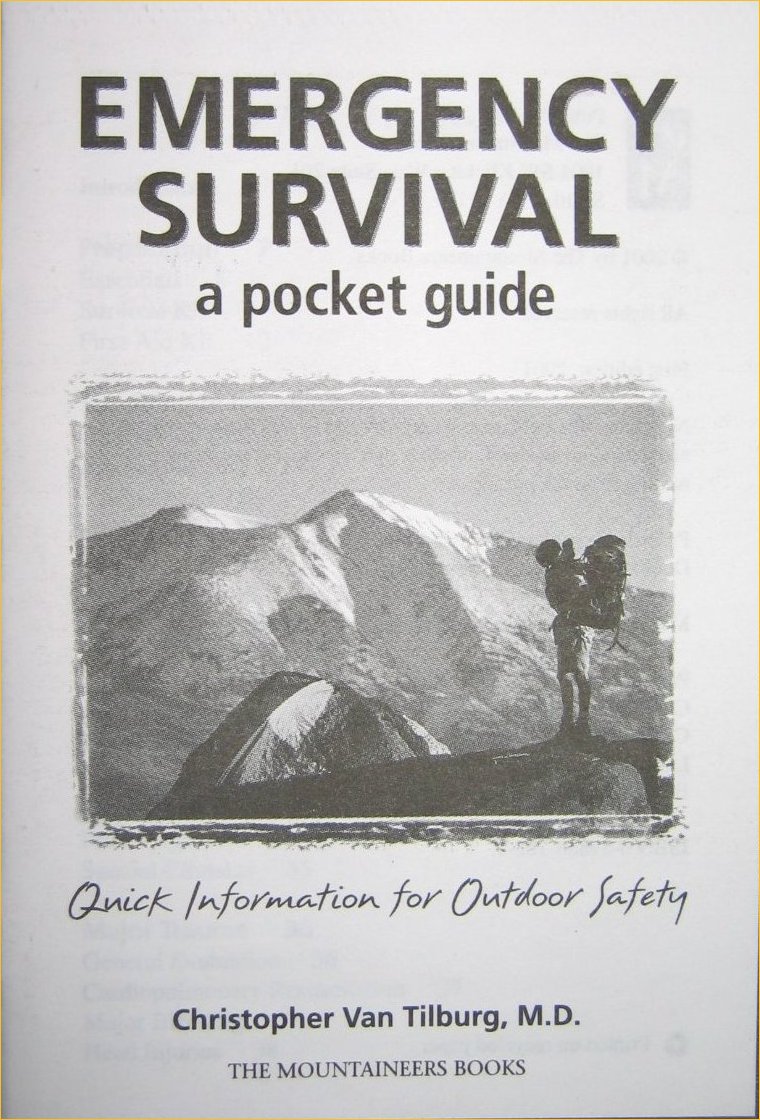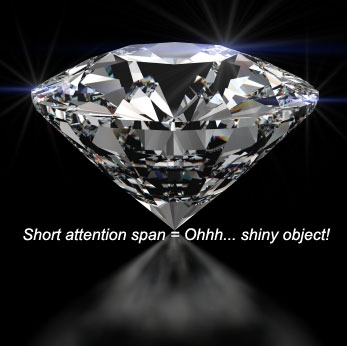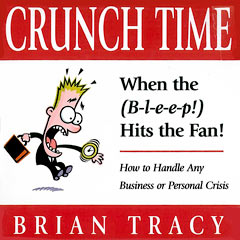Last updated on July 5th, 2022 at 12:08 pm
I like money.
I’m glad I have it, especially when I do have it. I am grateful that I live in a place where it seems to people in most other places in the world as though money actually COULD grow on trees.
But here’s the thing. Money is a convenience. Like all conveniences, it makes life so much easier. And, also like all conveniences, making something easier can mean something is lost.
Before money was invented, people had what they had, and that was all they had. If they could kill a musk ox, they had musk ox to eat until the musk ox went south on them and started to make them sick. Then they had waste and unsated hunger.
It eventually dawned on a couple of these early people that perhaps they could barter. The ones who had the musk ox would trade part of it with the ones who had the nuts and berries. Less waste, better nutrition, and a small leap forward in terms of quality of life.
Bartering led to diverse communities. A farmer with 1200 bags of grain could use it to get whatever else his family needed: calico for clothing, horses for transportation and work, tallow for candles, and fat for soap, not to mention the lumber for a roof over their heads.
In the way of all things, time passed, life got more complex, and bartering got to be inconvenient – damned inconvenient. Really, how long could you drag around a wagonload of grain in search of all the commodities you need before you’d start to seriously wonder if there ought to be a better way?
Enter money – an easier way to trade. Money started as a way to store and represent value so you didn’t have to haul the goods with you all over creation. My sack of grain is worth $20, and I can use the smaller, lighter, more foldable $20 to buy $20 worth of your calico.
And the rest, as they say, is history.
So what’s lost? For me, the answer is a consciousness of value.
If I were hauling that wagon load of grain around behind me while doing my shopping, I would have a hard time forgetting all the hours it took me to plant, nourish, and harvest it. I would be hauling the very weight of those hours with me.
I would not be able to forget that this wagon load of grain represents all I have to trade, so I’d better be conscious of what I’m trading it for.
In short, if I were hauling a wagonload of grain and I ran across a lovely hand-crafted, numbered and limited edition ceramic coffee mug, I would look at the price tag (which would no doubt say something like, “2 bags of grain”), and I would make a conscious decision about whether my 2 bags of grain and all they cost me to produce, make a fair trade.
I would be conscious of value. I would, in other words, think twice. Possibly I would think a good 8 or 10 times, and occasionally I’d say no.
Money, you see – the convenience of it, the lightness of it, the sheer ubiquity of it in all its forms – does not prompt consciousness of value in me. Quite to the contrary, money shields me from thinking about what $15 means in terms of my effort, my values, and my personal production. And that’s why I spend it like it was going out of style.
My dad used to say, whenever one of us asked for money: “You kids don’t know the value of a dollar.” Of course, we did actually know the value. We knew that a dollar was worth exactly 100 pieces of Double Bubble, or 20 boxes of Milk Duds. (Shut up. It was the olden days, ok?)
But that’s not what he meant. He meant we did not know what that dollar-cost him in terms of late nights and early mornings, his struggle to put himself through college, and his hard work to keep four kids and a wife clothed and fed.
He was right. We didn’t know. But don’t tell him I said so.
So, how about you, World of Dreamers? Care to join me in pretending we live in a world where we carry around our effort and investment instead of some empty snippets of paper and jingling charms? Would the world be better if there were no money?
Jayne Speich
Jayne Speich is a small business coach/consultant who writes, thinks, and coaches extensively on customer service, business finance, and ways to thrive in the new economy.
 |  |  |

Enjoy this special 8WomenDream Guest Contributor story submitted by new and experienced big dreamers throughout the world, edited and published to capture a dream perspective from different points of view. Do you have a personal dream story to share with 8WomenDream readers? Click here to learn how to submit dream big articles for consideration.
Note: Articles by Guest Post Contributors may contain affiliate links and may be compensated if you make a purchase after clicking on an affiliate link.




